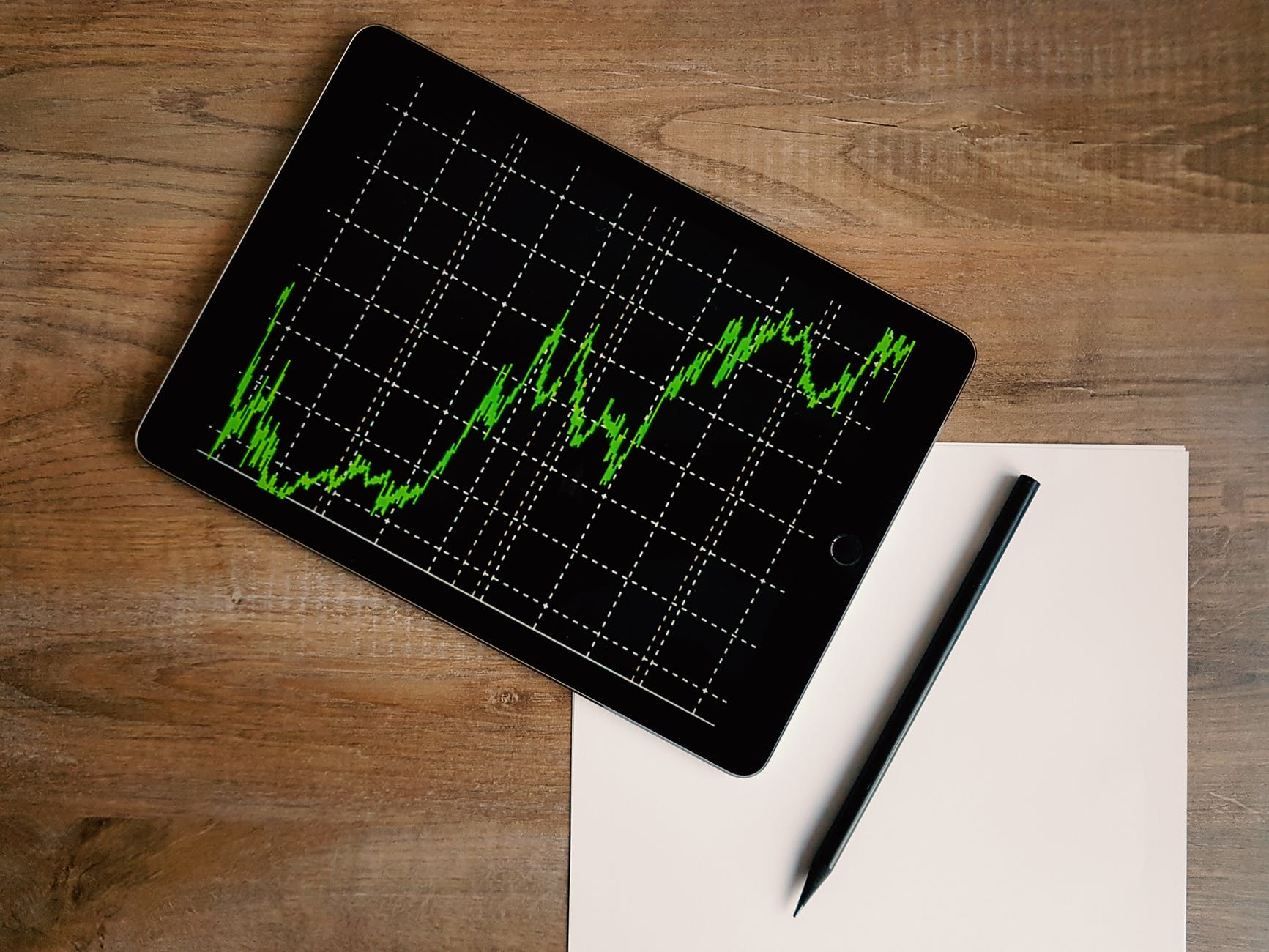However, this highly lucrative market is also volatile, while its margin-based nature and the inflated leverage can create the potential for investors to lose more than their initial commitment.
In this post, we’ll look at the key considerations before starting to trade forex and ask why these factors are so important.
Understand the Importance of Education Before Investment
They say that knowledge is power, and this is particularly true in the global forex market. After all, this 24-hour entity is home to three distinct trading sessions, which are governed by trading activity in North America, Europe and the Asia-Pacific region.
The latter region can be deceptively lucrative, as while it runs between the unofficial hours of 11:00pm and 08:00am GMT, it features currencies from Russia, Australia and New Zealand and boasts particularly high volumes of trading and volatility.
Understanding this type of nuance is key, while you should also build on this by learning about the fundamental aspect of trading and utilising a demo account to translate theory into practical experience.
Working closely with an online brokerage platform can help you achieve these objectives, as you look to scale your career and achieve incremental gains over time.
Understand the Difference Between Commercial and Retail Forex Trading
There are two types of trader in the forex world; namely institutional (or commercial) and retail.
Retail trading offers a core distinction and advantage to investors, as these individuals buy and sell securities for personal accounts and can profit directly from their actions. This situation has evolved over time, as the advantages once enjoyed by institutional traders have been gradually eroded by technological advancement.
It’s important to understand this distinction, to ensure that you understand the mechanisms of retail forex trading and open the right type of account with your broker.
Similarly, you need to understand the advantages of retail trading, so that you can leverage these to your advantage both in the short and near-term.
The Issue of Interest Rate Risks
We spoke earlier about the highly leveraged nature of forex trading, but this entity is also influenced by a wide array of macroeconomic factors.
Perhaps the most telling of these is interest rates, which have a direct impact on national currency values and are prone to manipulation during times of economic boom and bust.
Most quantitative easing policies (which are deployed to navigate times of austerity) involve slashing a country’s base rate of interest, which in turn lowers demand, diminishes capital inflows and cause the associated currency value to decline. Conversely, hikes in the base interest rate will attract overseas investors and send currency values soaring, and this should be factored in as a way of informing your decisions.
Of course, you’ll need to factor in additional considerations too, but this should provide an initial insight into the trajectory of a specific currency pairing.
The most recent forex statistics found that the global fx market is now worth a staggering $2.409 quadrillion dollars






